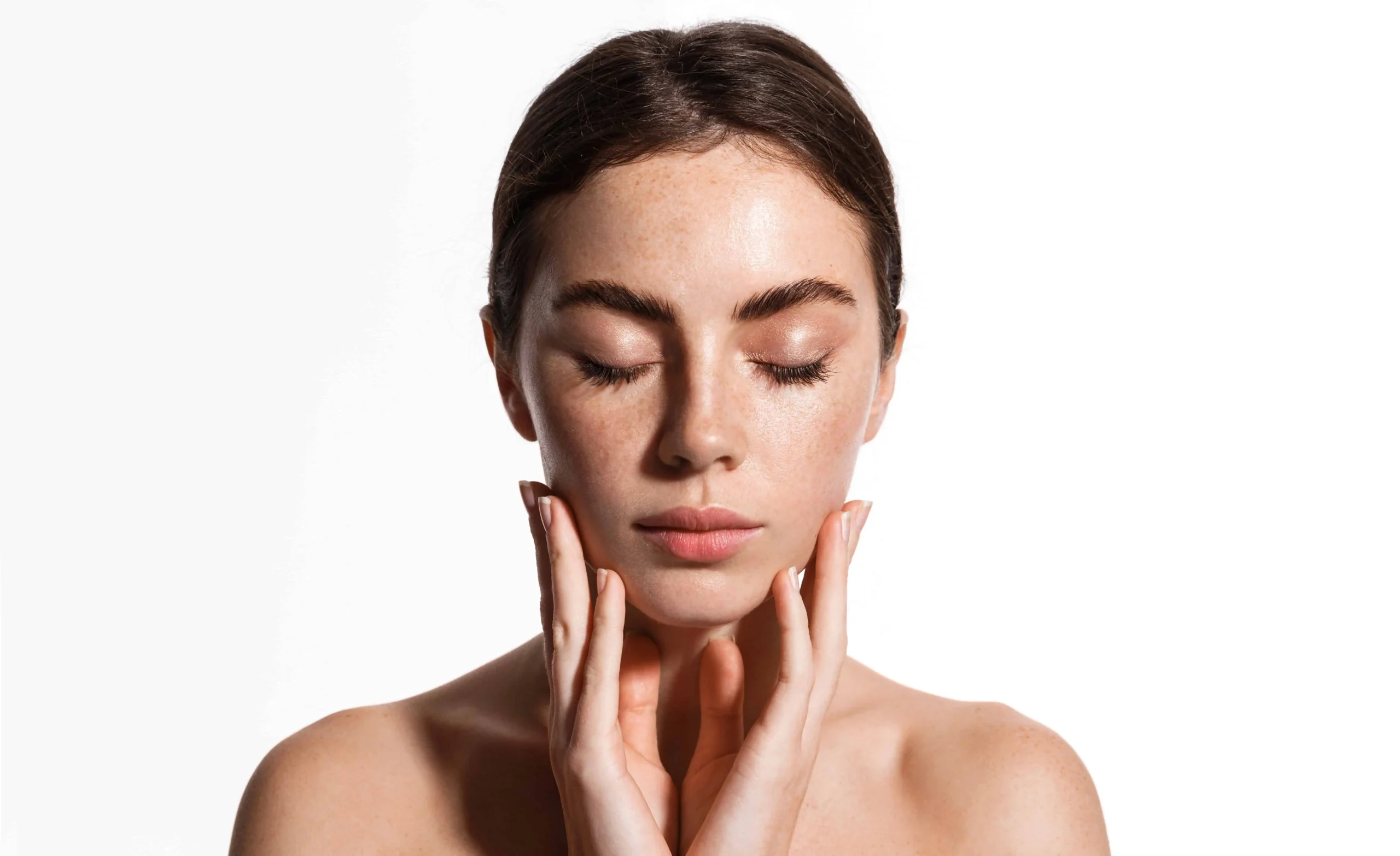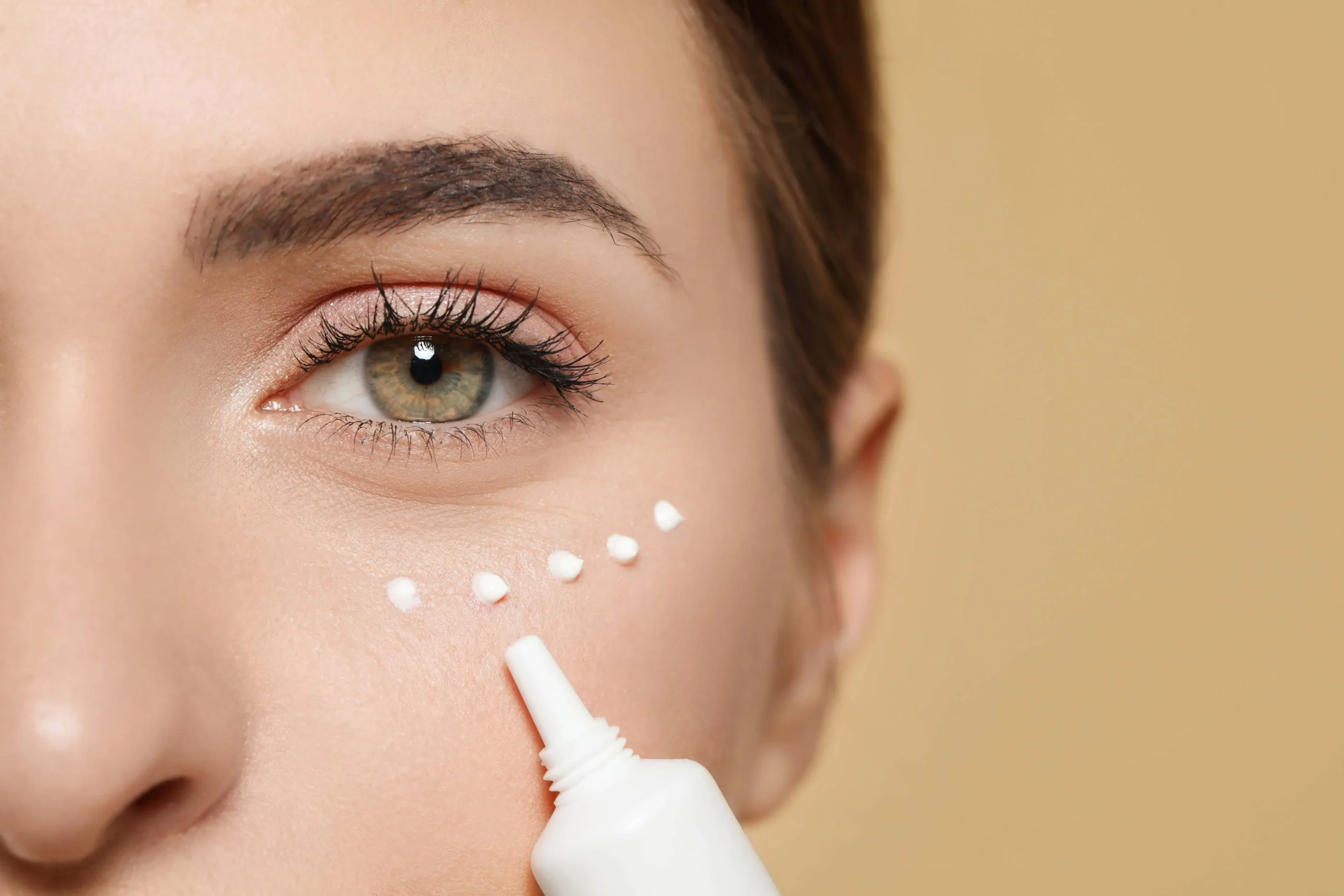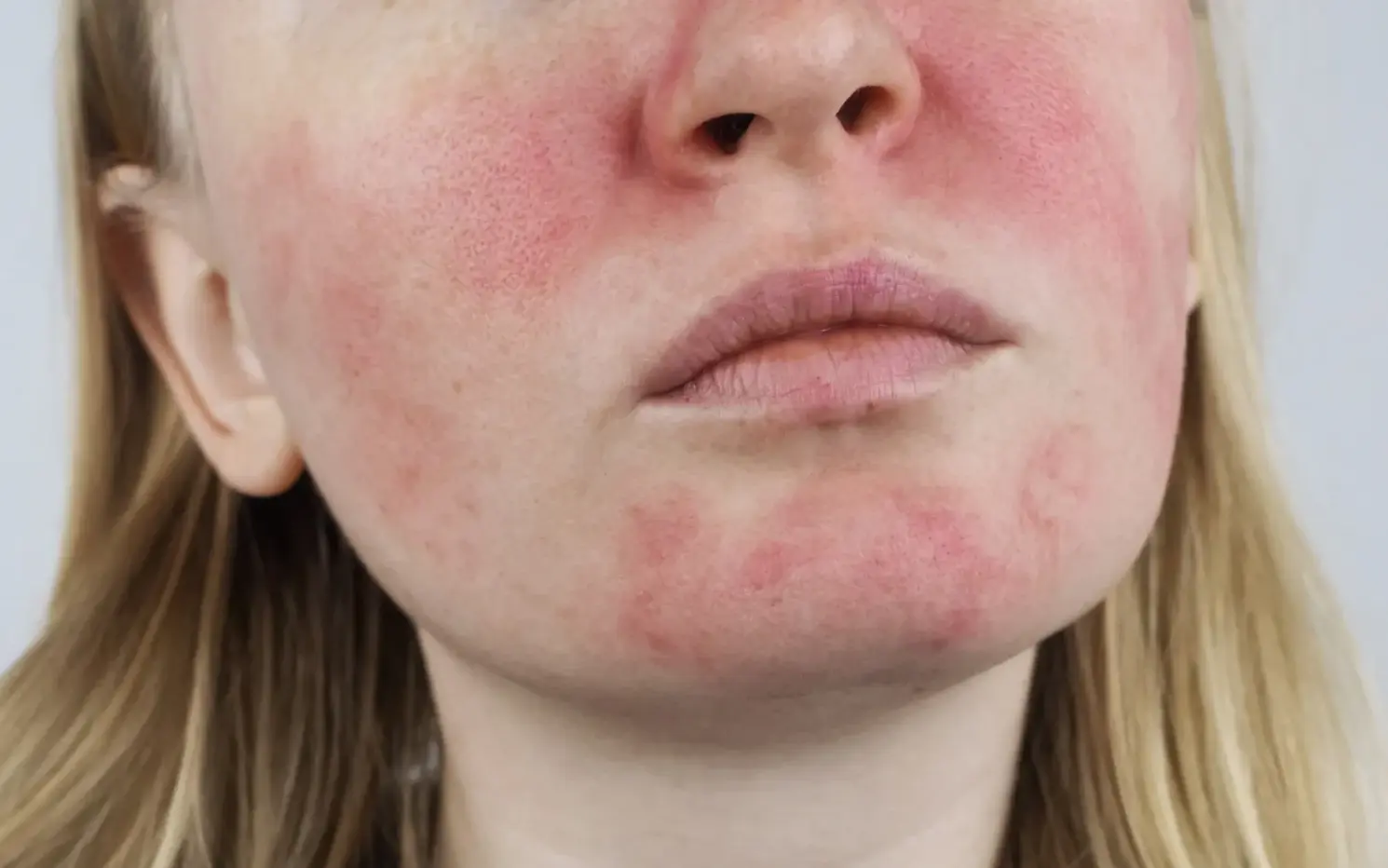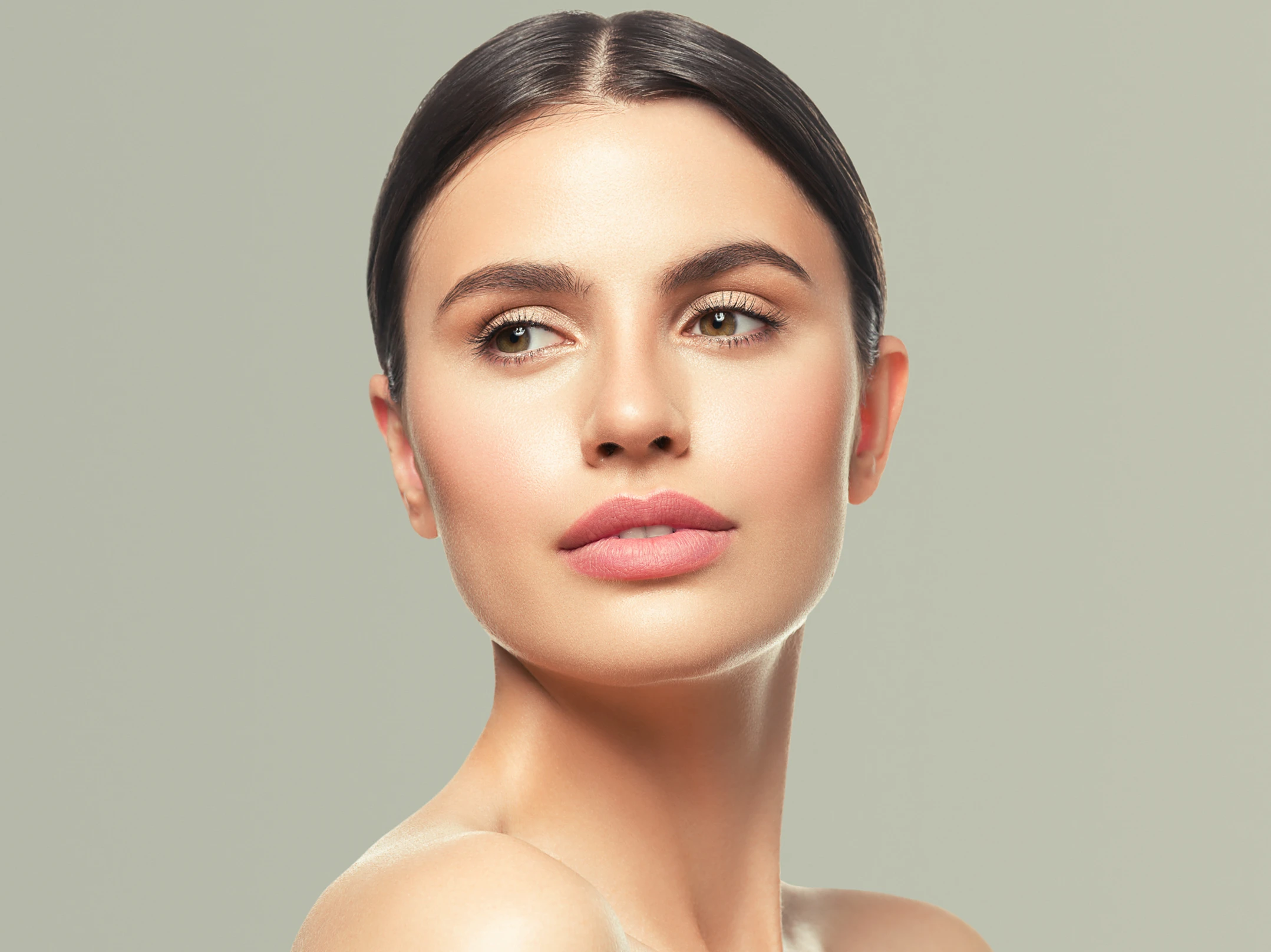What are skin brightening ingredients and how do they work?
There are many different ingredients that can be used in skincare products to help brighten the skin. They help to reduce the appearance of hyperpigmentation and prevent discoloration of the skin. These types of ingredients can help reduce the appearance of dark spots, freckles, acne scars and more on the skin. The work as antioxidants that can help guard against skin damage from free radicals. They are anti-aging and anti-inflammatory. Most brightening ingredients prevent or inhibit the formation of Tyrosinase
What is Tyrosinase?
The enzyme Tyrosinase assists in oxidizing the amino acid Tyrosine which is needed to form melanin in the melanosome. Melanin is responsible for determining skin and hair pigment as well as tanning the skin when exposed to sunlight.
What are some of the different skin brightening ingredients?
Hydroquinone ( C6H6O2) used to be the GO-TO “miracle” lightening agent. In 1982, the U.S. Food and Drug Administration recognized the ingredient as safe and effective but then several years later concerns about safety prompted retailers to pull hydroquinone from the market. The FDA went on to discover that many of the products in question contained contaminants like mercury and established that these contaminants were behind reports of adverse effects. Since then, the FDA has confirmed that hydroquinone can be safely sold over the counter (OTC) in only 2 percent concentrations. Works to bleach the skin by killing melanocytes which create the melanin used for pigmentation.
Vitamin C (L-absorbic acid) is the most well-known brightening ingredient used today. It is one of the most effective antioxidants used for brightening and helping to guard against skin damage from high-energy molecules, called free radicals, which form naturally due to sun exposure, pollution, and our body’s natural metabolism. It’s brightening properties work to interrupt pigment production, helping to prevent the formation of dark spots and minimize existing hyperpigmentation. Vitamin C is also essential in collagen formation, keeping your complexion firm, plump, and smooth. Different from ingesting, topical Vitamin C is absorbed directly into the topmost layers of the skin, allowing it to go to work immediately on dark spots, fine lines, and tackling those free radicals.
Arbutin is a natural form of hydroquinone derived from the bearberry plant. It works as a Tyrosinase Inhibitor. Arbutin is an active ingredient that is released slowly which is great for sensitive skin. It prevents discoloration and hyperpigmentation while helping to diminish acne scaring. Arbutin can be used in the summer as it does not cause any sun sensitivity but keep in mind that heat MAY degrade the effectiveness of arbutin. It works well with Vitamin C and AHA’s.
Kojic Acid is derived from a mushroom like fungi during fermentation. It is the second most common natural lightening agent. It is a gentle brightener good for sensitive skin and helps to resurface the skins texture. Kojic acid prohibits the production of melanin by blocking Tyrosinase.
Niacinamide/Nicotinamide (Vitamin B3) is only acquired from diet as it is not synthesized by the body. It is great for sensitive skin. Fights against premature aging. Vitamin B3 helps your skin grow a ceramide (lipid) barrier, which can, in turn, help retain moisture. It can also help regulate the amount of oil the sebaceous glands produce and prevent your glands from going into overdrive. Niacinamide reduces inflammation which may help ease redness from eczema, acne, and other inflammatory skin conditions. It can treat acne when taken orally but it may be irritating when taken in high concentrations.
Licorice comes from the licorice plant Glycyrrhiza Glabra and inhibits Tyrosinase. It contains liquiritin, an active compound that helps to disperse and remove existing melanin in the skin. It contains flavonoid, an anti-oxidant rich ingredient that decreases free radicals (cause of aging and discoloration). It also contains licochalcone A: anti-inflammatory and can also regulate oil production (often in dandruff medications). It has anti-inflammatory properties but in RARE cases can be an allergen.






